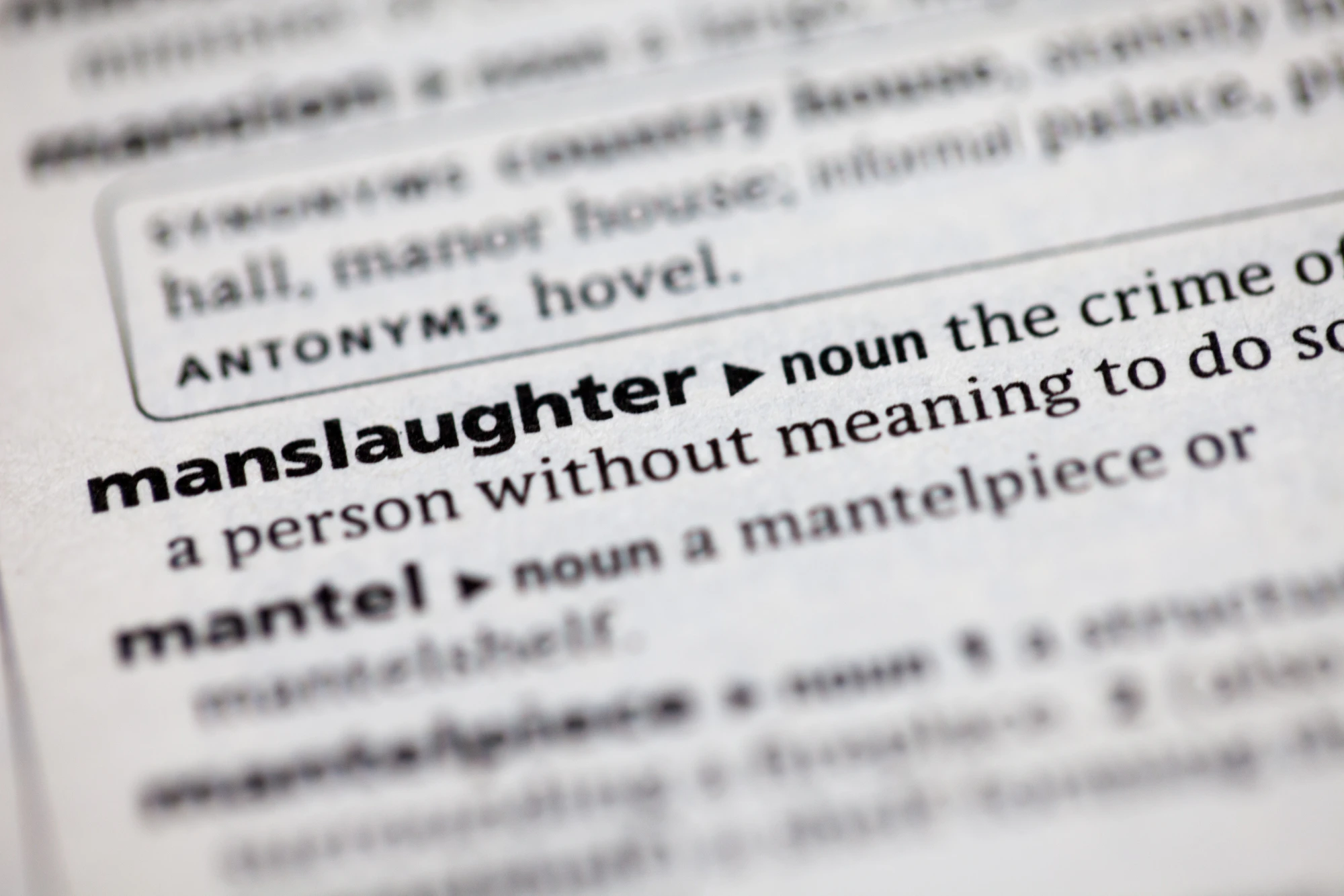The Texas self-defense laws exist to protect people in situations in which they have to use force to defend themselves or others. If you have been arrested on an assault charge in Texas, but you were not the aggressor or had to act using force to protect yourself, your property, or another party in danger, self-defense might be an applicable defense to your assault charge.
You might be able to get your case dropped if you hire the right self-defense lawyer. For example, say you protected yourself against an intruder or some other clear and present danger, you will need an aggravated assault defense lawyer to represent you. Or, in a more serious case, if your act of self-defense ended in a lost life, you will need an experienced murder lawyer in your corner to protect you from severe penalties.
While every Texan has the right to defend themselves, including their use of necessary force or violence, there are limits to exactly what is justified and when. To give you a better idea of whether or not they apply in your case, the experienced self-defense lawyers from Sellers Law Firm are here to clear up the Texas self-defense laws.
What is considered self-defense?
The statutory language that defines the Texas self-defense laws in Texas Penal Code § 9.31 is long and vague, but it essentially states that a person is justified in using force against another when they believe that it is necessary to protect themselves.
Self-defense as a legal defense can apply in cases in which a person committed an assault or homicide offense in response to violence or threats of violence. Some of the most common scenarios in which self-defense applies as a legal defense include:
- Cases in which someone attempts to unlawfully and forcefully enter the home, vehicle, or place of business of another.
- Cases in which someone attempts to unlawfully and forcefully remove someone from their home, vehicle, or place of business.
- Cases in which someone is protecting themselves from sexual assault and sexual harassment, robbery, homicide, or kidnapping.
Self-defense rules in Texas
Texas Penal Code § 9.31 states that “a person is justified in using force against another when and to the degree, the actor reasonably believes the force is immediately necessary to protect the actor against the other’s use or attempted use of unlawful force.”
The statutory language takes its time qualifying two very important things about self-defense:
- The belief that force was necessary
- The amount of force that is reasonable
Belief in necessary force
There are a few conditions that need to be met in order for the court to consider the use of force to be reasonable.
- If the actor knew or had reason to believe that the person against whom force was used unlawfully either entered or intended to enter the home, vehicle, or place of business of another; removed or attempted to remove them from such places; or was committing or attempting to commit kidnapping, murder, sexual assault, or robbery.
- The actor did not provoke the person against whom force was used.
- The actor was not otherwise engaged in criminal activity.
Reasonable amount of force
For self-defense to remain a viable legal defense, it must be proved that the person used an amount of force proportionate to the threat against them, meaning one defending themselves should not use significantly greater force than is needed to defend themselves.
If you defend yourself or others from a threat of violence, the amount of force that you use cannot be greater than the amount of force necessary — all defensive actions are not considered equal, and the court will take into account the age, size, and gender of the attacker when litigating what would be considered reasonable.
If the belief in the need for force and the amount of force can be considered reasonable, self-defense can act as a solid legal defense for anything from aggravated assault to criminally negligent homicide, if you’ve got the right self-defense lawyer.
The Castle Doctrine and Stand Your Ground Laws
The Castle Doctrine and Stand Your Ground Laws are commonly referred to as the Texas self-defense gun laws, and the Texas Penal Code that contains the specifics of self-defense (Chapter 9, linked above) is commonly called the Castle Doctrine. The Castle Doctrine was drafted in 1995 and was expanded in 2007 to include more provisions for a person defending their property using “reasonable force,” essentially becoming the Stand Your Ground Law.
Texas is one of many states that has Stand Your Ground Laws, which simply provide that you do not have a duty to retreat in the event that someone enters your home unlawfully, and you may stand your ground, using reasonable force to protect yourself and your property.
Without a lawyer, the Texas self-defense laws only offer partial protection
If you acted in self-defense and were charged with assault (or worse), the Texas self-defense laws are in place to protect you, but that doesn’t mean you don’t need a good self-defense lawyer in your corner. An experienced attorney can prove that your belief in the need for force and use of force was reasonable so that you can avoid the felony charges that come with assault and homicide offenses.
Looking for the top criminal defense attorneys in Fort Worth? Call the attorneys at Sellers Law Firm. They know the Texas self-defense laws and have secured Not Guilty verdicts for clients accused of murder, aggravated assault, and everything in between. Contact Sellers Law Firm at (817) 928-4222 or contact us online for a free consultation today.
More Helpful Articles by Sellers Law Firm





